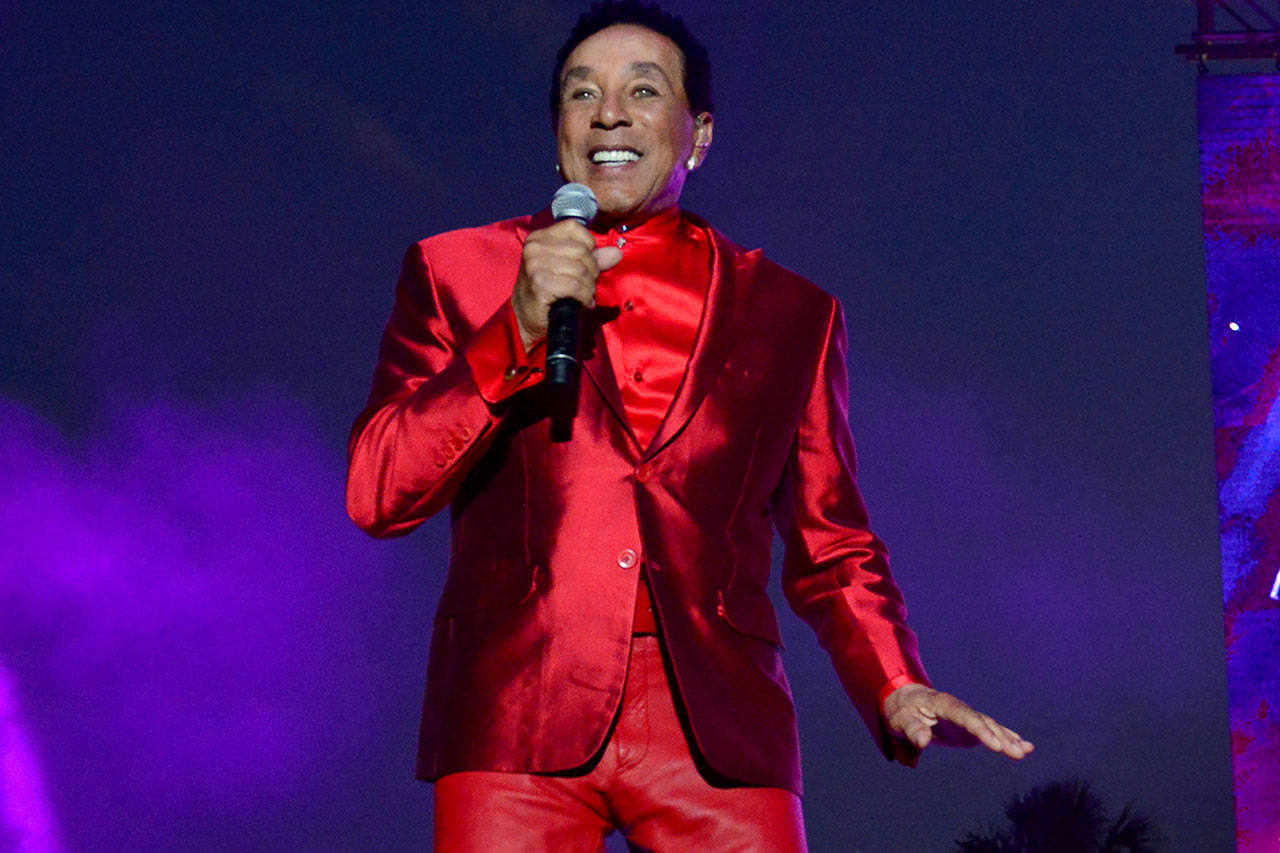By Robin Opsahl
CQ-Roll Call
Smokey Robinson asked the Senate Judiciary Committee on Tuesday to help older, struggling musicians by updating copyright laws.
“I know a lot of musicians and producers and writers who have fallen on hard times and we could really use that money,” the singer said. “It’s not just about music, it’s about lives.”
The Grammy-winning Motown singer of Smokey Robinson and the Miracles spoke in support of the Music Modernization Act alongside record industry stakeholders like the American Society of Composers, Authors and Publishers and other musicians. The bill aims to update music licensing laws to reflect streaming services such as Spotify and Pandora.
The House unanimously passed the act, a package of three bills updating licensing and copyright laws, including making music recorded before 1972 subject to copyright laws. The laws also establish unclaimed royalties would go to music companies and be split between other musicians if they don’t claim the money after three years.
The hearing was full of puns on Robinson’s hit songs: Sen. Kamala Harris said she hopes her fellow senators will “second that emotion.” Sen. Thom Tillis said he hopes no one cries “Tears of a Clown” over the bill.
“Thank you for shaking our windows and rattling our walls,” Sen. Dianne Feinstein said.
Streaming, or performing rights, account for nearly 65 percent of total music revenue according to a report from the Recording Industry Association.
“Having one hit doesn’t make you set for life anymore,” Josh Kear, a music writer who worked with Carrie Underwood on “Before He Cheats,” and Lady Antebellum’s “Need You Now,” both of which won him Grammy awards, said.
David Israelite, National Music Publishers Association president, said Kear only made $3,000 on royalties for those Grammy hits last year.
“We have lost our entire middle class of songwriters,” Kear said.
But these regulations come with some hold-ups. Meredith Rose, policy counsel at Public Knowledge, an intellectual property public interest group, said the laws putting pre-1972 music under copyright laws would make it much harder to preserve older music through digitization and makes streaming services a captive market.
“No other work is kept away from public domain to this extent,” Rose said. While technology has made music easier to access on demand, the legal framework is burdening musicians as they try to make a living, Sen. Chuck Grassley said.
“The laws have attempted to play catch up,” Grassley said. “Music licensing issues are ripe for reform.”
Robinson said the law is necessary to support older musicians. Streaming services play Smokey Robinson and the Miracles songs more than 50,000 times a day, every day, but he does not receive any compensation.
While Robinson was able to support himself and continue to make music after the music copyright laws changed in 1972, not everyone was so lucky.
“I am still able to perform and earn a living doing my craft but there are a lot of people a whole not of them who are not as fortunate as I am,” Robinson said. “This would allow them to earn a living.”


